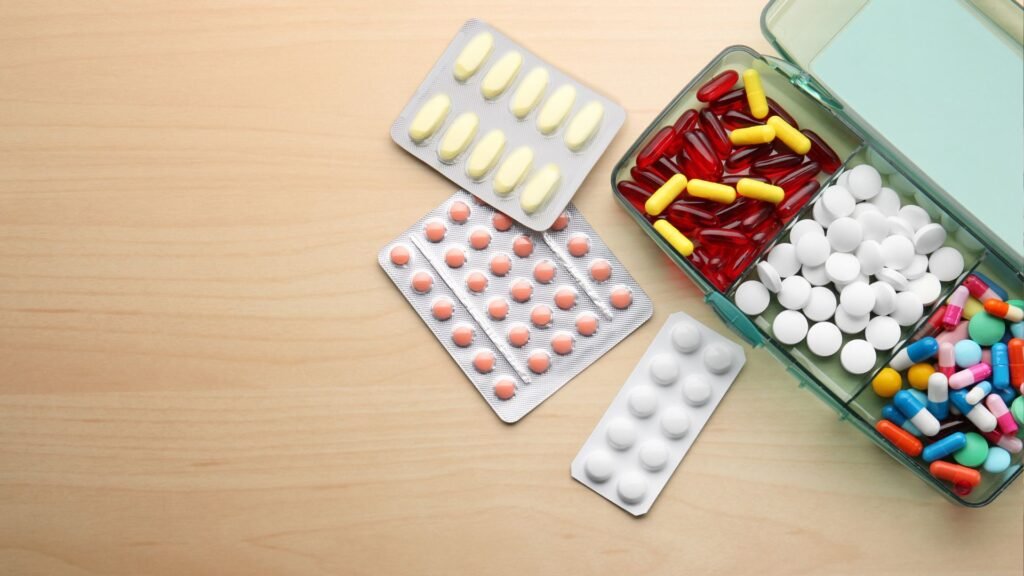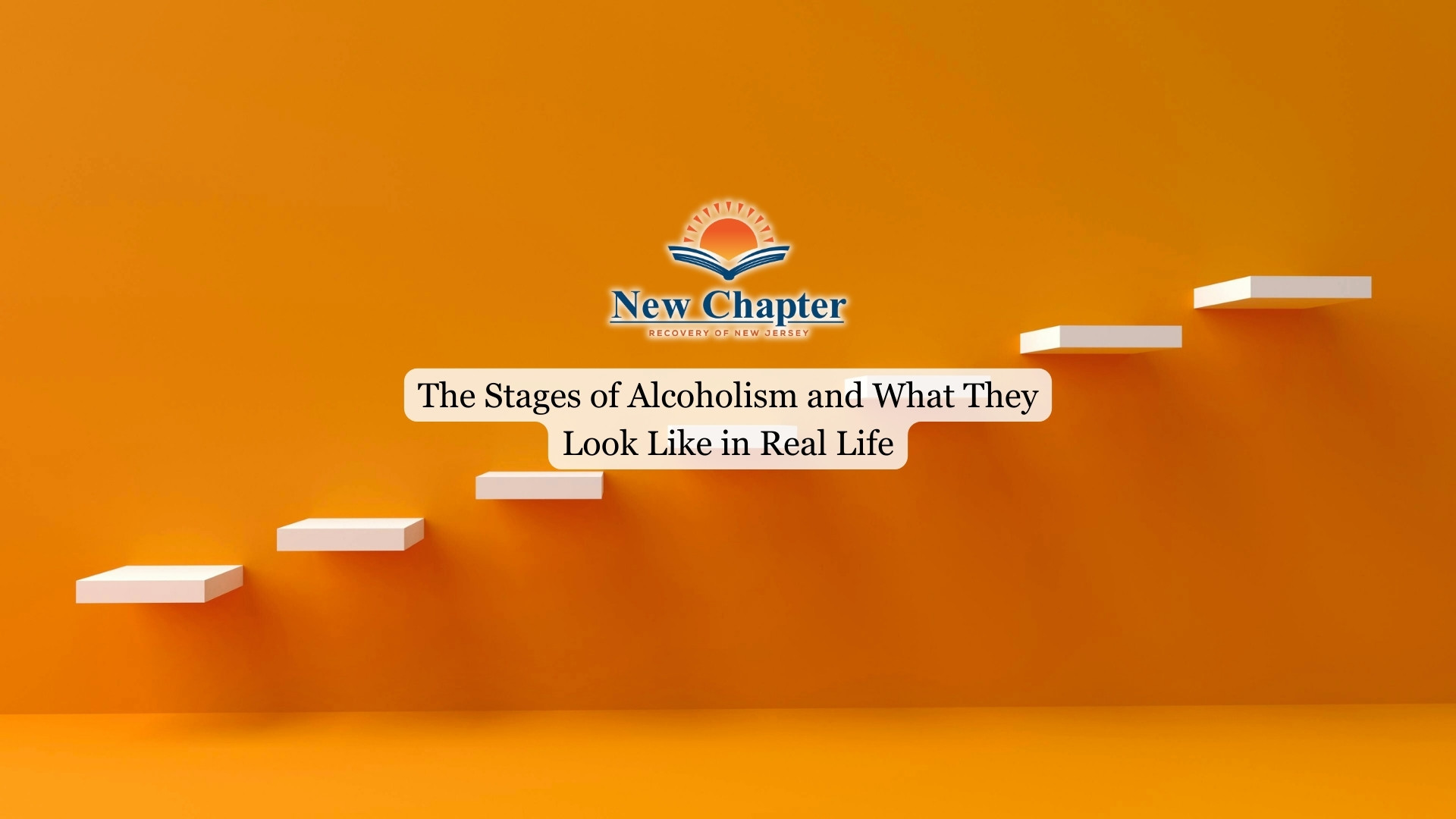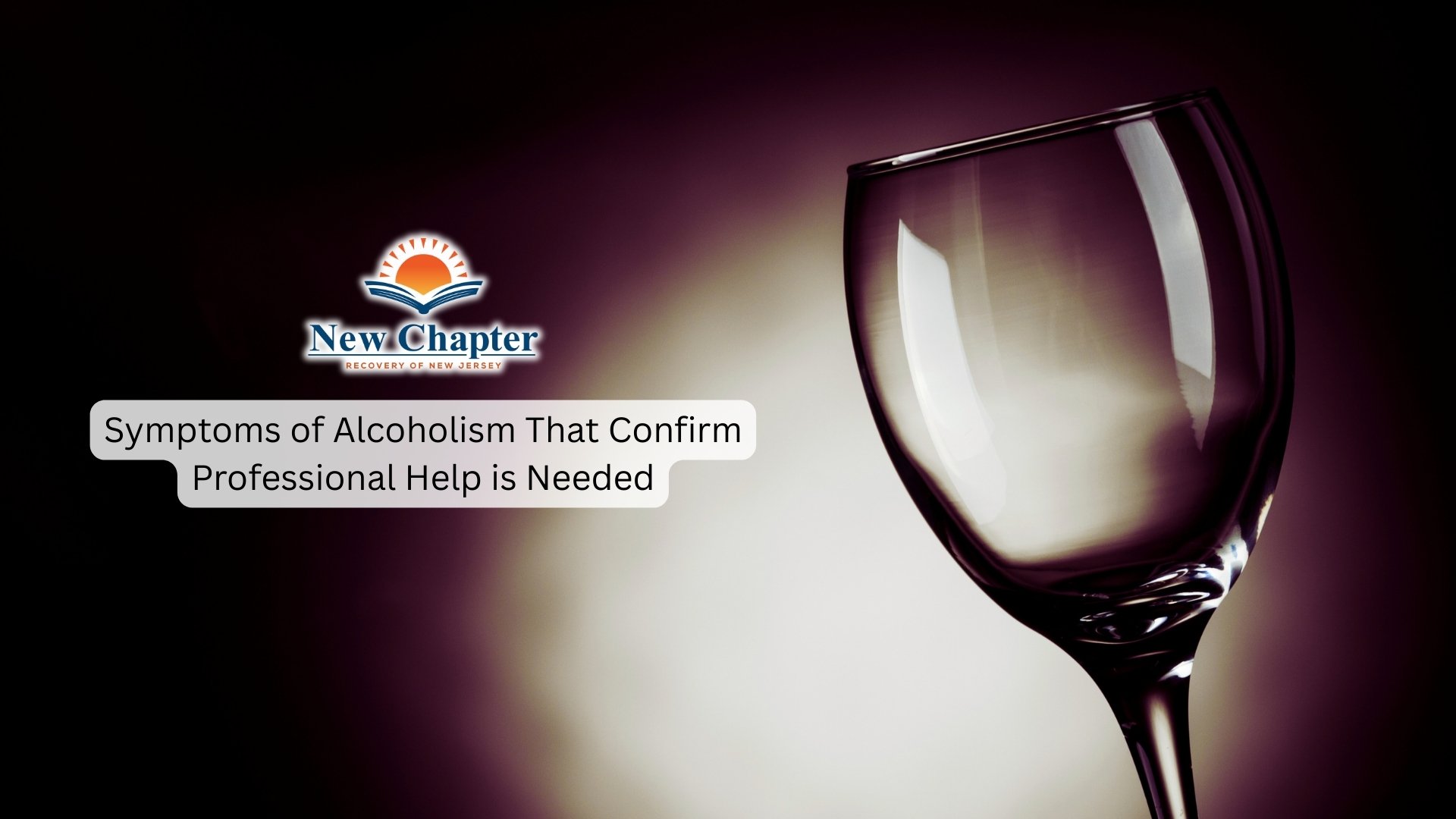Drug testing is widely used in workplaces, legal settings, and healthcare to detect substance use. However, false positives—where a test incorrectly indicates the presence of a drug—can occur and cause significant consequences, especially for cocaine. Certain medications and substances may interfere with immunoassay drug screens, leading to misleading results.
This article explores which medications can cause false-positive drug test results for cocaine, helping you ensure accurate test interpretation and avoid unnecessary consequences.

Table of Contents
Toggle- Understanding False Positives in Cocaine Testing
- Commonly Prescribed Medications That Can Cause a False-Positive Result
- Additional Factors Affecting Cocaine Drug Test Outcomes
- What to Do If You Receive a False Positive Test Result
- The Role of Confirmatory Testing
- How Different Confirmatory Testing Methods Improve Accuracy in Cocaine Detection
- Final Thoughts from New Chapter Faith Recovery
Understanding False Positives in Cocaine Testing
Immunoassay-based urine drug screens detect drug metabolites by recognizing molecular structures. Some medications share chemical similarities with cocaine metabolites, which may result in a false positive and cross-reactivity.
Local anesthetics such as lidocaine, procaine, and benzocaine are notable examples because their chemical structures resemble cocaine’s metabolites, leading to potential misidentification in initial screening tests.
On top of that, over-the-counter decongestants containing phenylephrine or ephedrine can interfere due to their structural or metabolic similarities. Consumption of coca tea, which contains natural cocaine alkaloids, can also produce detectable metabolites in a urine sample, resulting in positive tests.
Because cocaine has a high potential for abuse and dependence, even unintentional exposure or confusion around test results can have serious consequences.
If you’re struggling with cocaine abuse, our cocaine addiction treatment in Parsippany-Troy Hills, NJ, offers compassionate, evidence-based care. Through personalized support, we help clients navigate complex situations—such as false positives on drug tests—and provide structured treatment programs that promote trust, healing, and long-term recovery.
Commonly Prescribed Medications That Can Cause a False-Positive Result
Local Anesthetics
Lidocaine, widely used in dental and medical procedures, is one of the most frequently reported causes of false positive tests. Procaine and benzocaine, other local anesthetics, have similarly been implicated. Their structural similarity to cocaine metabolites can cause immunoassays to misinterpret their presence as cocaine.
Antibiotics
Certain antibiotics, including amoxicillin and rifampin, have been reported to cause false positives for cocaine or other substances in drug screens. Amoxicillin, a commonly prescribed penicillin derivative, has been documented in case reports to trigger false positive results, though the mechanism is not fully understood. Rifampin, used primarily for tuberculosis, may also interfere with drug testing
Cold and Allergy Medications
Over-the-counter cold remedies and illicit drugs containing pseudoephedrine or phenylephrine can sometimes cause false positives due to their chemical properties. Antihistamines like diphenhydramine (Benadryl) and doxylamine may also interfere with immunoassays, occasionally resulting in a false positive drug test result.
Antidepressants
Selective serotonin reuptake inhibitors (SSRIs) such as sertraline and fluoxetine have been associated with false positives for various substances, including cocaine in some reports. Other antidepressants like bupropion and trazodone may cause false positives for amphetamines or other drugs, complicating interpretation.
Additional Factors Affecting Cocaine Drug Test Outcomes
Consumption of coca tea introduces natural cocaine alkaloids that can yield positive tests. Environmental exposure, such as secondhand cocaine smoke, is generally unlikely to cause positive urine tests but remains a theoretical possibility.
Certain foods like poppy seeds are known to cause false positives for opiates but do not affect cocaine testing. Some antibiotics and antidepressants may complicate overall drug screen interpretation, underscoring the importance of confirmatory testing for accurate diagnosis.
What to Do If You Receive a False Positive Test Result
If you failed a drug test and received a positive cocaine test result but believe it may be false, it’s important to take the following immediate steps:
- If you had a workplace drug testing, inform the testing administrator about all medications, supplements, and substances you have recently taken, including over-the-counter drugs.
- Request a second test that’s more specific or a confirmatory testing with GC-MS or LC-MS/MS to clarify the initial result.
- Keep detailed records of your medication history to assist healthcare providers and testing personnel in interpreting results.
- Consult a healthcare professional to review your case and provide guidance on next steps. These actions can help prevent misunderstandings and protect your rights as there are times that test results are inaccurate.

The Role of Confirmatory Testing
Initial immunoassay drug screens are designed for rapid, cost-effective detection but lack perfect specificity. Confirmatory testing using GC-MS or LC-MS/MS is the gold standard for verifying positive results. These techniques separate and identify drug metabolites based on their unique mass and charge, virtually eliminating false positives caused by cross-reactivity.
Confirmatory urine drug tests are especially important in legal, employment, or medical contexts where false positives could have serious consequences. They ensure that positive cocaine results reflect true drug use rather than interference from prescribed or over-the-counter prescription medications.
How Different Confirmatory Testing Methods Improve Accuracy in Cocaine Detection
Confirmatory testing methods significantly enhance the accuracy of cocaine detection by providing highly specific and sensitive analyses that overcome the limitations of initial screening tests. Unlike immunoassay-based screening—which is prone to cross-reactivity and false positives—confirmatory tests use advanced analytical techniques that precisely identify cocaine and its metabolites.
Gas Chromatography-Mass Spectrometry (GC-MS)
Gas Chromatography-Mass Spectrometry (GC-MS) is widely regarded as the gold standard for confirmatory drug testing. This method separates complex mixtures of substances in a sample via gas chromatography and then identifies and quantifies compounds based on their unique mass spectra.
The dual-step process allows GC-MS to distinguish cocaine metabolites from structurally similar compounds, thereby eliminating false positives caused by medications or other substances. GC-MS is highly sensitive, capable of detecting trace amounts of cocaine metabolites, and provides definitive qualitative and quantitative results.
Liquid Chromatography-Tandem Mass Spectrometry (LC-MS/MS)
Liquid Chromatography-Tandem Mass Spectrometry (LC-MS/MS) is another confirmatory technique increasingly used due to its ability to analyze non-volatile and thermally labile compounds that GC-MS may not handle well.
LC-MS/MS combines liquid chromatography’s separation capabilities with tandem mass spectrometry’s specificity, enabling the detection of cocaine and its metabolites with high accuracy. This method is particularly useful for biological matrices such as urine, blood, or hair, and offers rapid turnaround times with minimal sample preparation.
Both GC-MS and LC-MS/MS are independent of the immunoassay screening methods, fulfilling federal guidelines (e.g., SAMHSA in the U.S.) that require confirmatory tests to use different scientific principles. This independence is critical to reducing false positives, as the confirmatory methods rely on physicochemical properties rather than antibody binding, which can be nonspecific.
Final Thoughts from New Chapter Faith Recovery
False positives on drug tests can be discouraging, especially when you’re working hard to stay sober. Understanding how certain medications or substances can interfere with test results gives you the clarity needed to advocate for yourself and stay on course.
At New Chapter Faith Recovery, we know that recovery is about more than just abstaining from drugs. That’s why we provide faith-based addiction treatment, including specialized support for individuals facing cocaine addiction. Our comprehensive treatment programs — ranging from therapy and medication-assisted care to spiritual guidance and family involvement — are designed to help you rebuild with purpose, strength, and lasting sobriety.






